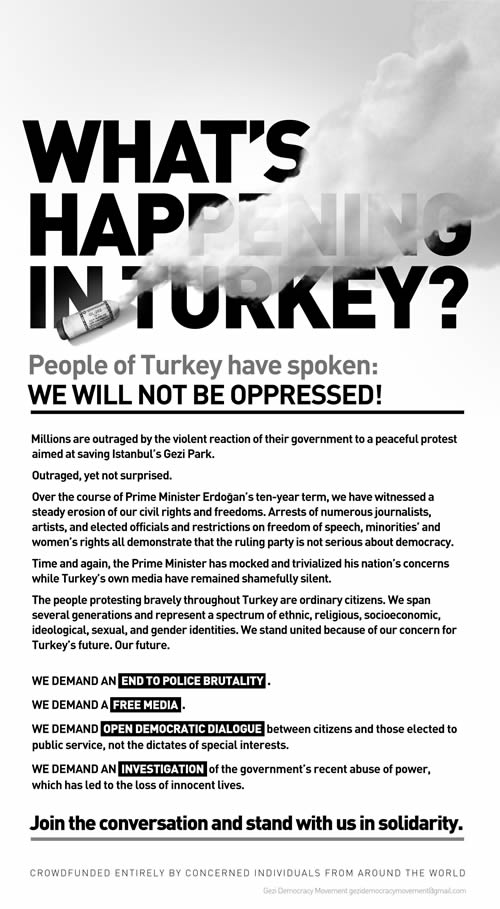Research consultant: ActionAid
Deadline: 12 June 2013 (4pm)
ActionAid is an international non-governmental organisation working with people living in poverty in 40 countries to end poverty and injustice in the world.
The Assignment
AAIZ requires the services of experienced Researchers/ Consultants to carry out research on the capacity of selected rural and urban Local Authorities to supply or deliver quality basic services to their residents in a gender responsive manner.
Background
To date AAI Zimbabwe works with eight (8) Community Based Organizations (CBOs) in selected Community development programmes called Local Rights Programmes (LRPs). AAIZ has set up LRP partnership structures in selected poor rural and urban communities
Purpose
To generate evidence to inform program and policy initiatives aimed at increasing women’s and youth’s influence in the decision-making processes that affect the delivery of basic services that address their rights and needs. This would be based on an in-depth study of selected local authorities i.e. 4 rural district councils and 2 urban councils.
Objectives
The objectives of this Research are:
1. To assess and document the levels of awareness of women in the planning, budget formulation and monitoring processes of local authorities
3. To analyse the effectiveness of communication platforms used by selected local authorities
4. To assess the perceptions of residents on the quality and gender responsiveness of services being delivered by the selected local authorities
5. To carry out an analysis of key underlying factors and constraints affecting local authority service delivery
6. Map stakeholder’s involvement and responsibility in local governance at local, national, regional and global levels
Research Approach
The research approach and tools to be used in the consultancy should be participatory and Consultant should ensure that the analysis in the final report reflect the perspectives of women, youth, residents associations and other key stakeholders involved local governance.
The consultant is expected to have the following qualifications and experience
1. Technical expertise in Gender and/or Social accountability and/or Citizen’s Empowerment
2. A minimum of 5 years research or consultancy experience in local governance related work that reflects an in-depth and practical knowledge of the ways in which local authorities function
3. Proven experience in facilitating similar processes with a traceable strong record in designing and leading researchers and ensuring timely submission of deliverables
4. Well-developed qualitative and quantitative data analysis skills with a track record of translating complex data into effective, strategic and well-written reports
5. Research team should be fluent in Shona, Ndebele and English.
Duration
The assignment should completed in twenty days
Applications
Interested Researchers/ Consultants should submit proposals showing:
- Understanding of the purpose and objectives of the assignment
- Proposed research approach and tools
- Estimated cost of the proposed Research
The proposals should be accompanied by detailed CVs of the principal Researchers/ Consultants.
Completed proposals must be submitted to:
The Human Resources Department, ActionAid International, 16 York Avenue, Newlands, Harare
Or emailed to: Jobs.Zimbabwe [at] actionaid [dot] org
Actionaid International Zimbabwe values all applications but unfortunately is only able to respond to short listed candidates. Whilst all applicants will be assessed strictly on their individual merits, qualified women are especially encouraged to apply.










